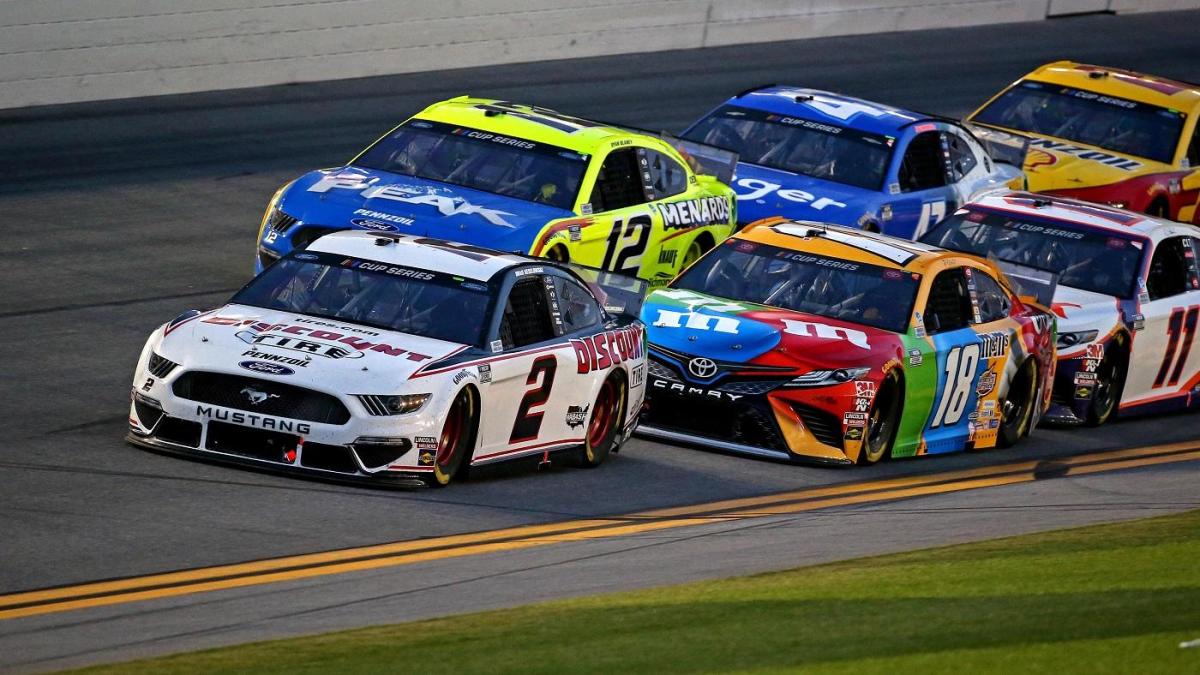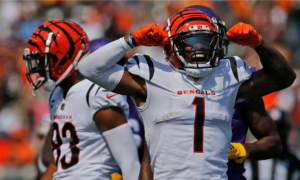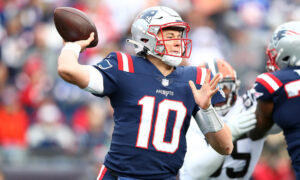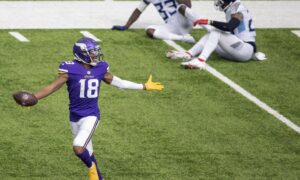New to NASCAR? Here’s what you need to know.
Just like any other sport, auto-racing has multiple avenues for profitability in betting. Other racing organizations (Formula 1, Indy Car) have similar betting structures, but we will look to focus on NASCAR. On The Noise Podcast, we have discussed why NASCAR is such an interesting sport to wager on. For one, historical data is incredibly useful. I have personally discussed how historical data in a sport like basketball or baseball, might not be too useful in helping a handicapper determine the outcome of a singular game. However, NASCAR has shown that tracking the recent history of a racetrack can provide significant data for predicting the outcome of an upcoming race. For example, Kyle Busch’s history at Daytona is probably more indicative of his next performance than Chris Sale’s history at Yankee Stadium.
Historical data is a great place for new NASCAR fans to start learning how to predict race outcomes. While you start to learn the intricacies of the sport, i.e. how to measure the skill of a driver or how to understand the different factors that determine a race-winner, a site like racing-reference.info can help develop fundamental knowledge of racing.
Ways to Wager:
To Win the Race:
The obvious example here, betting on an individual driver to win a race. Race winners are generally priced starting at about +400, with expected winners usually falling between the 4/1 to 10/1 price point. This price is usually determined by a combination of factors including, driver history, specific driver car, and pole position. Picking the race winner is always a great feeling and can be very exciting if your guy is vying for the top spot.
Driver Matchups:
Matchups are one of the fastest growing wagering opportunities in NASCAR. Sportsbooks create lines, pitting two drivers against each other, with the result independent of the outcome of the race. To win this wager, the selected driver just needs to finish before his counterpart. This is a great way to find value on your long-shots, that you believe have an edge at a particular track, but maybe not enough for a top finish.
Matchups show the importance of shopping around and using multiple sportsbooks. If you wanted to bet the Patriots -7, wouldn’t you rather have them at -6.5 for the same price? You can find fairly significant discrepancies across the market on matchups, as sportsbooks have different calculation methods and different holds.
Top-3, Top-5, Top-10
This is another method of finding value on racers, but widening the possibility of winning. As you increase the field, you increase the likelihood of winning the wager. That’s why you will see such a drastic price difference between the different finish-position pools. A driver that is 5/1 to win the race might be +120 to finish top-three, -150 to finish top-five, and -300 to finish top-ten. For these wagers it does not matter where in the top-pool they finish, as long as it is within the parameter. Unfortunately, there’s no bonus money in a top-ten bet if the driver finishes 3rd or 9th.
These make great combination wagers, where you can select multiple drivers at plus money, where one can cover the price of entry and then some. Again, in all of my Sports Betting 101 articles, I come back to the central point, that it should be treated similarly to the stock market. You should always be looking for when things are over or under-priced. You should not approach a NASCAR race with all your eggs in one basket on a 40-1 shot to win the race. Utilizing podium finishes is a great way to diversify and make your tickets look more like a portfolio.
Prop Bets
Just like any other sport, there are numerous prop bets to identify. Some are for fun, but some with very significant value.
Winning Manufacturer: Sportsbooks will provide odds for all three manufacturers (Toyota, Chevrolet, Ford) to be the model of the winning racer. It is a great way to identify a team you think will win, or encompass multiple drivers without increasing your exposure.
Over/Under (X) Winning Car: This prop allows the bettor to select whether they think the winning car will be higher or lower than a certain number. This is another way to expand the chance of winning, with-out overdoing it in terms of volume.
There are countless other props and new ones will likely come about with increased interest in NASCAR, paired with oddsmakers’ creativity. At times, it can be more difficult to determine the true value of props than regular odds. I would always recommend laying off things you don’t truly understand, and if you must, stick to pizza money. Keep it fun for yourself, by maintaining your bankroll and limiting your exposure.
See you at the races.







